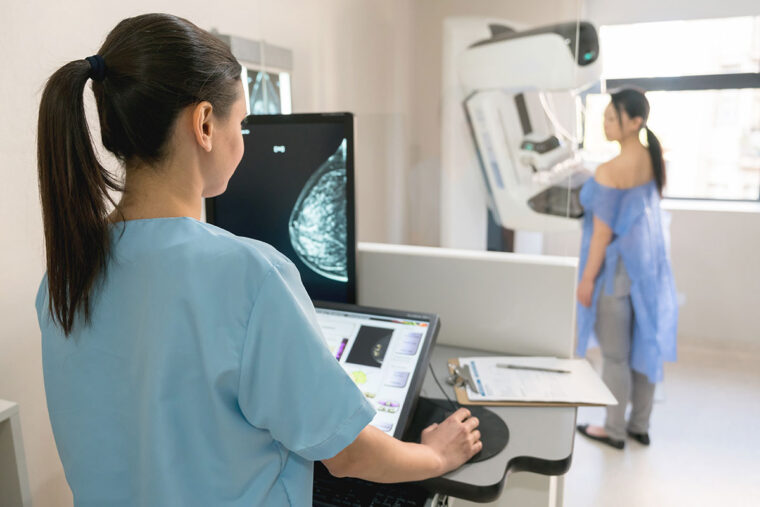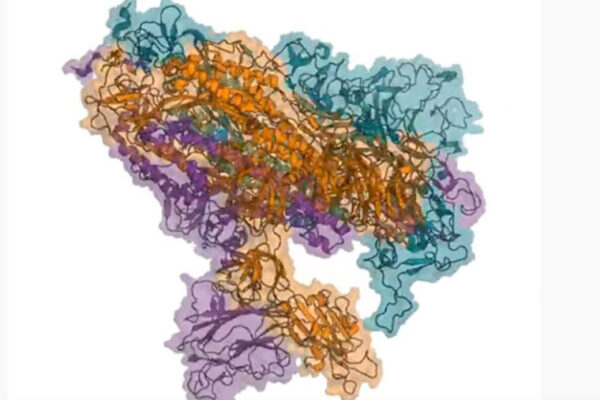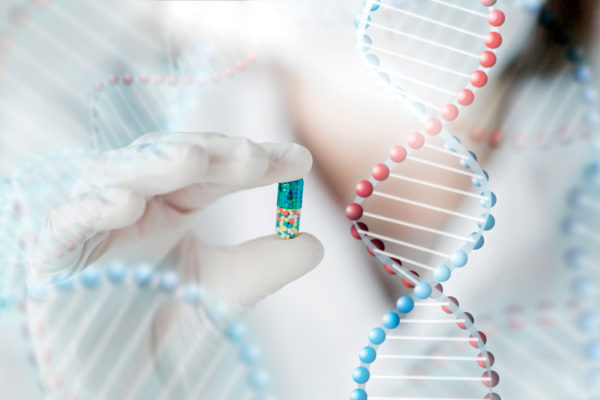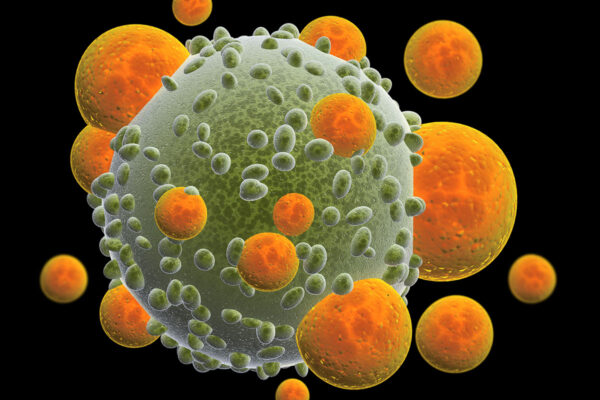A consortium of 17 U.S. cancer centers – including Siteman Cancer Center at Barnes-Jewish Hospital and Washington University School of Medicine – have come together to better understand the consequences of the COVID-19 pandemic in delaying cancer detection, care and prevention.
The cancer centers are working together with the National Cancer Institute on the impact of the pandemic on the continuum of cancer care from prevention to survivorship. This work will further examine whether differences in demographics impact cancer prevention and control, cancer management and survivorship during the pandemic.
In addition to Siteman, participating cancer centers are: O’Neal Comprehensive Cancer Center (Alabama), The Barbara Ann Karmanos Cancer Institute (Michigan), The Ohio State University Comprehensive Cancer Center, Holden Comprehensive Cancer Center (Iowa), University of Colorado Cancer Center, Stephenson Cancer Center (Oklahoma), UC Davis Comprehensive Cancer Center (California), Oregon Health & Science University – Knight Cancer Institute (Oregon), Fred Hutchinson/University of Washington Cancer Consortium, University of Virginia Cancer Center, Huntsman Cancer Institute (Utah), Vanderbilt-Ingram Cancer Center (Tennessee), Sylvester Comprehensive Cancer Center (Florida), Markey Cancer Center (Kentucky), The University of Kansas Cancer Center and University of Texas MD Anderson Cancer Center.
As a participating site, Siteman is working on this massive collaboration as a direct response to sobering forecasts from the NCI about cancer care during the COVID-19 pandemic. Officials have warned that the pandemic may have prevented some patients from undergoing much needed screenings and hindered access to procedures that could result in late-stage diagnoses and cancer death. Furthermore, delaying cancer screenings, clinical trials and testing during the pandemic could roll back significant gains made in recent years in reducing cancer deaths.
“The COVID-19 pandemic has exacerbated health disparities among minority and uninsured populations, including those related to cancer screening and cancer prevention behaviors,” said cancer epidemiologist Bettina Drake, a professor of surgery at Washington University and a research member of Siteman Cancer Center. “In addition, delays in screening lead to increases in diagnoses at later stage disease. This collaborative of cancer centers across the U.S. will evaluate the effect of this pandemic on barriers to cancer screening and cancer risk behaviors across diverse populations. More importantly, this work will lead to the development and implementation of strategies that can be adapted to meet the needs of communities most affected by the pandemic.”
Collectively, the cancer centers will ask healthy volunteers and cancer survivors nationwide about their health and well-being during the pandemic. The cancer centers will focus on work and employment, housing/home life, social activities, emotional well-being, physical health, and behavior related to COVID-19 prevention, as well as behaviors such as physical activity and tobacco use that have links to cancer. By complying with current pandemic restrictions, individuals will be contacted by phone, text and social media.
Washington University School of Medicine’s 1,500 faculty physicians also are the medical staff of Barnes-Jewish and St. Louis Children’s hospitals. The School of Medicine is a leader in medical research, teaching and patient care, ranking among the top 10 medical schools in the nation by U.S. News & World Report. Through its affiliations with Barnes-Jewish and St. Louis Children’s hospitals, the School of Medicine is linked to BJC HealthCare.
Siteman Cancer Center, ranked among the top cancer treatment centers by U.S. News & World Report, also is one of only a few cancer centers to receive the highest rating of the National Cancer Institute (NCI) – “exceptional.” Comprising the cancer research, prevention and treatment programs of Barnes-Jewish Hospital and Washington University School of Medicine in St. Louis, Siteman treats adults at six locations and partners with St. Louis Children’s Hospital in the treatment of pediatric patients. Siteman is Missouri’s only NCI-designated Comprehensive Cancer Center and the state’s only member of the National Comprehensive Cancer Network. Through the Siteman Cancer Network, Siteman Cancer Center works with regional medical centers to improve the health and well-being of people and communities by expanding access to cancer prevention and control strategies, clinical studies and genomic and genetic testing, all aimed at reducing the burden of cancer.
Originally published by the School of Medicine
WashU Response to COVID-19
Visit coronavirus.wustl.edu for the latest information about WashU updates and policies. See all stories related to COVID-19.




Comments and respectful dialogue are encouraged, but content will be moderated. Please, no personal attacks, obscenity or profanity, selling of commercial products, or endorsements of political candidates or positions. We reserve the right to remove any inappropriate comments. We also cannot address individual medical concerns or provide medical advice in this forum.